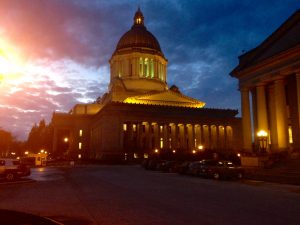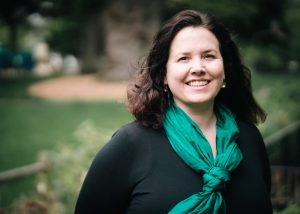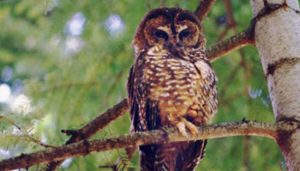The Washington State Legislature concluded its work over the weekend, wrapping up the 2023 session Sunday. There were the usual complement of high-profile policy bills and budget decisions. But as usual, there were also a slew of simple, good bills that quietly made their made through the session with bipartisan support relatively unnoticed. It is in these batch of bills where the Legislature often does its most important and lasting work and one such bill, SB 5390, landed squarely in the forest landowner space.

Capitol dome at sunset.
The bill, sponsored by first-year Sen. Sharon Shewmake (D-Bellingham), gives the Department of Natural Resources (DNR) the authority to “enter into and administer a programmatic safe harbor agreement for the northern spotted owl for any forestland owner.” While this verbiage comes across as legislative policy speak, the story behind it is victory for collaborate, incentive-based natural resource solutions and the bill could serve as a model for tackling other, thorny natural resource issues.

Sen. Sharon Shewmake (D-Bellingham)
The roots of this bill’s passage began in 2008 when the Forest Practices Board embarked on a mission to change the focus of spotted owl recovery on private lands from pure regulation to voluntary, incentive-based measures that conserve habitat while maintaining economic sustainability. This decision changed the dynamic from one of fear and resistance to one of partnership and participation. A Northern Spotted Owl Implementation Group was formed to achieve this mission. The group chalked up many accomplishments, but the finalization of a safe harbor agreement as we see envisioned in Sen. Shewmake’s bill was elusive.
The industry, through the Washington Forest Protection Association, participated in earlier versions of this bill. There was an agreement that the work of the Implementation Group should be built upon and that the process would not be started from scratch. This is reflected in the bill that passed. However, all of the work is not done. A safe harbor agreement, like any incentive program, will only be useful if landowners actually enroll. This creates an incentive for an inclusive process that will be reflective of landowner needs. When all is said and done, finalizing an incentive-based approach that conserves owl habitat without disrupting local economies should be seen as a sign of progress both for spotted owl recovery and other challenging natural resource issues.

Northern spotted owl
Sen. Shewmake, the DNR, and the involved stakeholders should be applauded for continuing to pursue and maximize incentive-based solutions to natural resource issues like spotted owl recovery. Lessons learned in the development and passage of SB 5390 can be applied to salmon recovery, water quality, wildlife management, and other public policy initiatives that require the participation and active engagement of private landowners, be they forested or other. This bill may not make the post-session headlines, but the values it represents will go a long way towards solving other issues that, in the future, will be front-page news.
